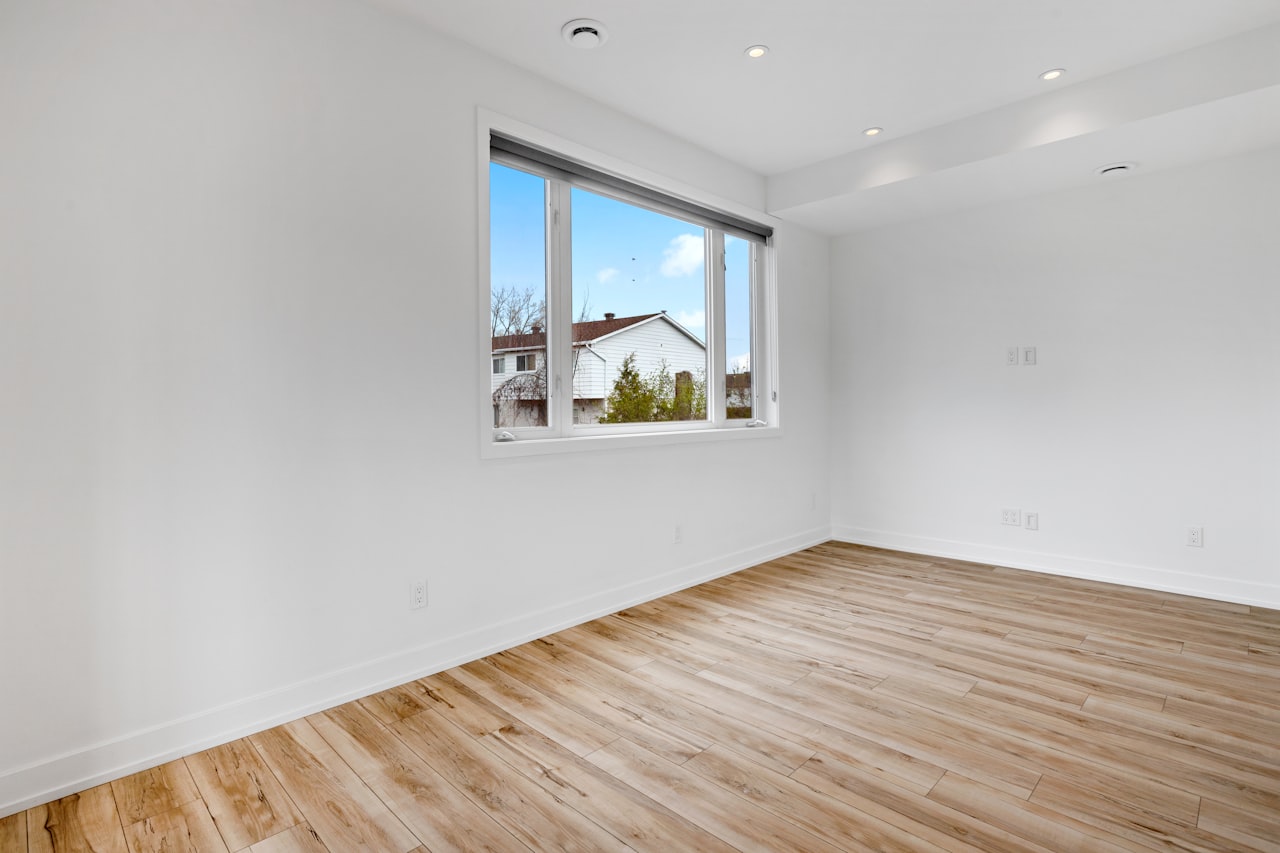An annual tax will be levied on vacant Toronto residences, payable beginning in 2023. The goal of the Vacant Home Tax (VHT) is to increase the supply of housing by discouraging owners from leaving their properties unoccupied. An online declaration portal will open in mid-December 2022. Property is considered vacant if it has been unoccupied for more than six months during the previous calendar year.
Principal residences may be left unoccupied for periods of up to a total of six months throughout the taxation year without being subject to the tax. Declarations must be made by the homeowner or someone acting on behalf of the owner. The declaration will determine whether the Vacant Home Tax applies and is payable.
A Vacant Home Tax of one percent of the Current Value Assessment (CVA) will be imposed on all Toronto residences that are declared, deemed or determined vacant for more than six months. For example, if the home is vacant in 2022 the tax will become payable in 2023. The tax is based on the property's occupancy status for the previous year.
Residential properties will be deemed vacant if the owner fails to make the annual declaration. To make a declaration you will need your 21-digit assessment roll number and customer number from your tax bill or property tax account statement. Failure to declare or making a false declaration may result in a fine of $250 to $10,000.
Vacant Home Tax payments can be made by electronic transfer with no convenience fee, or by credit card or debit card with a convenience fee. To ensure your payment reaches the City on or before the due date, we suggest making your payment electronically through MyToronto Pay or through your financial institution's online banking portal.
The Vacant Home Tax will form a lien on the property, and any unpaid taxes will become the purchaser's responsibility. Purchasers and vendors must ensure that the declaration has been filed. If a closing occurs between January 1 and the closing of the declaration period on February 2, the vendor must complete the declaration prior to the closing.
A property status declaration may be selected for audit on a random or specific criteria basis. The owner may be required to provide supporting documentation to substantiate their claim of occupancy of a residential property or any exemption. This may include but is not limited to copies, including certified copies, of:Ontario vehicle registration and vehicle insurance documentation of any occupant and owner.
If you disagree with the Vacancy Tax Notice or Supplementary Assessment, you may file a Notice of Complaint. Your complaint must be received within the following time frames. Once all required information and evidence is received, the City will provide a response in writing within 30 days from the date the determination is made.
With the decision made on your Notice of Complaint, you will have 90 days to submit an appeal request. An appeal is limited to the same issues raised in your initial complaint unless the outcome of your complaint resulted in a reassessment or varied assessment. The Appellate Authority will make a determination to allow or dismiss the appeal in whole or in part.
Failure to make a property status declaration will result in your property being deemed vacant and subject to the tax. Being found guilty of breaking any of the following offences could result in a fine of $250 to $10,000 for each offence. Late Payment, Interest Charges & Fees. A Dishonoured Cheque Processing / Non-Sufficient Funds (NSF) fee will be applied to all payments not honoured by a financial institution.
Source: City of Toronto




